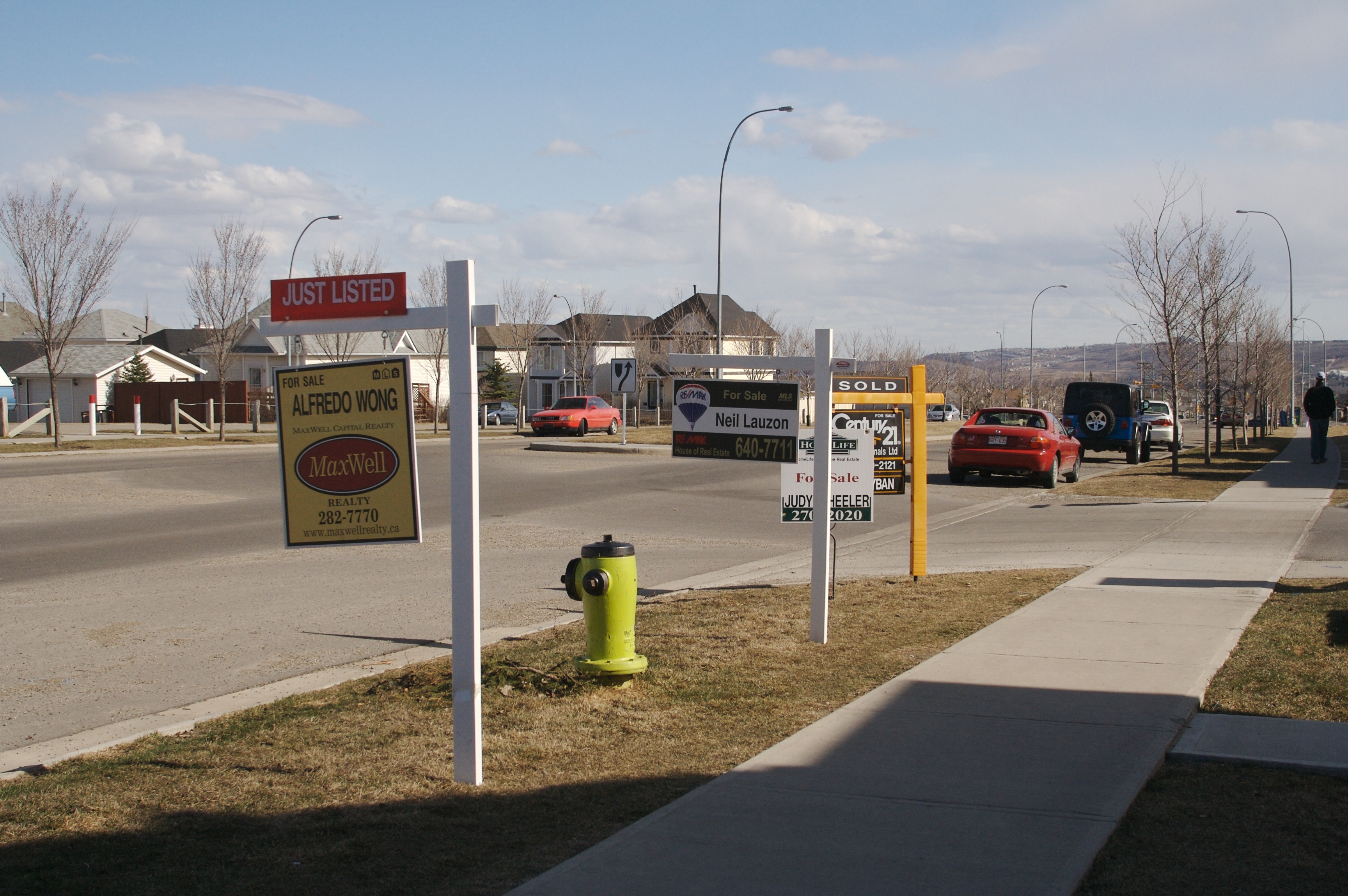Good news: you're not alone if you are pondering options and alternatives to foreclosure here in Florida. More good news: you probably have more than one choice rather than setting back and letting the bank take your home.
There's no need to roll the dice and see what happens. You may have more control than you think.
What are your foreclosure alternatives? There's no one right answer here, no one size fits all solution to the problem of being behind on mortgage payments, or being underwater on your mortgage, or getting that notice of default. Your options may not be the same as the choices facing your Broward County neighbor or your cousin over in Fort Lauderdale or your aunt in Tampa.
However, there are lots of ways to deal with the situation other than avoiding the whole mess with your head in the sand. Here are a few -- and for details on what these are, or what they may mean to your foreclosure problem, please read our analysis at About Florida Law:
Foreclosure Alternatives in Florida
This is a list of foreclosure alternatives for Florida home owners and Florida borrowers who are facing the possibility of losing their home or condo to foreclosure in 2012 or beyond. This is not a complete list. For more information, please check the pros and cons discussed on our legal blog post, or just call us and ask for a free consultation.1. Qualify for the Making Home Affordable Program. (MHA)
2. Qualify for the Home Affordable Modification Program. (HAMP)
3. Qualify for the Principal Reduction Alternative Program. (PRA)
4. Qualify for the Home Affordable Refinance Program. (HARP)
5. Qualify for the Home Affordable Unemployment Program. (UP)
6. Qualify for the Forebearance for Unemployed Homeowners Program. (FUP)
7. Qualify for the Home Affordable Foreclosure Alternatives Program (HAFA)
8. Bring the Mortgage Current (Reinstate the Mortgage)
9. Make a New Deal by Negotiating a Bank Loan Modification with the Lender (Modify)
10. Refinance with a New Lender (Refi)
11. Rent Out The Place (Cover the Mortgage with the Rent)
12. Short Sale the Home (Sell Short - Leaving a Deficiency Balance)
13. Challenge the Bank Legally (Sue Them)
14. File Affirmative Defenses When They Sue You / Foreclose (Assert Legal Defenses)
15. Negotiate a Deed in Lieu of Foreclosure
16. Negotiate a Forebearance or Repayment Plan (Catch Up)
17. File Bankruptcy
Image: Wikimedia Commons, Public Domain Image


